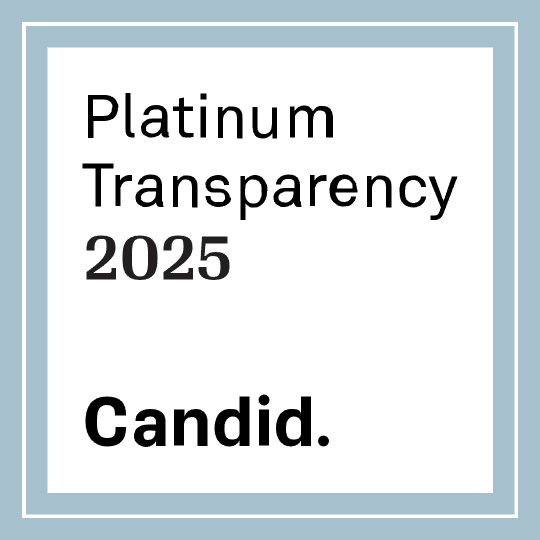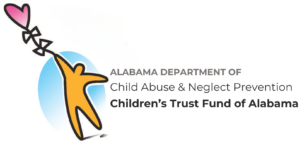Over the last 20 years, the majority of states have passed sweeping legislation to legalize medicinal marijuana. While marijuana remains illegal on a federal level, some states have even taken steps to decriminalize it or legalize it for recreational use.[1]
Before waves of marijuana legalization spread across the U.S., cannabis advocates used marijuana illegally and made a variety of claims regarding the benefits the drug had to offer. Now, marijuana use is more widely accepted, almost like alcohol, and a new class of drugs is being pushed toward legislation in some states: psychedelics.
Psychedelics, such as Lysergic acid diethylamide (LSD/Acid) and Psilocybin (Magic Mushrooms), have been used recreationally for years. Some psychedelics, such as Peyote and Ayahuasca, are used in religious or spiritual ceremonies. While all of these drugs are illegal in the U.S. on a federal level, some states are taking steps to legalize magic mushrooms.
In October 2020, Oregon became the first state to legalize magic mushrooms for medicinal purposes, which presents the question, are mushrooms the next marijuana? And is psilocybin safe? Here is everything you need to know.
What are Magic Mushrooms (Psilocybin)?
 Magic mushrooms, commonly referred to as “shrooms,” are mushrooms that people take as a recreational drug to “trip.” A trip refers to a psychedelic experience where people report feelings of euphoria, sensory distortion, detachment, and hallucinations.
Magic mushrooms, commonly referred to as “shrooms,” are mushrooms that people take as a recreational drug to “trip.” A trip refers to a psychedelic experience where people report feelings of euphoria, sensory distortion, detachment, and hallucinations.
The chemical that produces these sensory effects is called Psilocybin. Psilocybin is a Schedule I controlled substance meaning the Drug Enforcement Administration (DEA) has ruled that it has a high potential for abuse with no medical purposes.
Psilocybin works by activating serotonin receptors in the prefrontal cortex. Serotonin influences mood, sleep, digestion, and other bodily functions. The prefrontal cortex is the region of the brain that is responsible for mood, cognition, and perception. When serotonin is increased in this region of the brain, hallucinogenic effects take place.
Common side effects people experience while tripping on mushrooms include:
- Distorted thinking
- Euphoria
- Peacefulness
- Spiritual awakening
- Derealization (feeling that surroundings aren’t real)
- Depersonalization (dream-like state)
- Vivid colors and visual distortions
- Dilated pupils
- Unusual body sensations
- Nausea and vomiting
- Lack of coordination
- Confusion
- Paranoia
- Scary hallucinations
The effects tend to vary based on a person’s dosage, surroundings, personality, and mental state. This is why some people take
mushrooms and experience a delightful trip, while others take mushrooms and have a “bad trip,” consisting of anxiety, confusion, and paranoia.
What is Microdosing?
When people take magic mushrooms to trip, they may take several grams of mushrooms. However, there is another method of using mushrooms that is quickly gaining popularity. This method is called microdosing.
Microdosing is the act of taking small, factional doses of psychoactive substances like magic mushrooms or LSD. These doses are not enough to cause a psychedelic “trip,” but they are enough to produce some sort of “high” or altered state of mind. Advocates of microdosing claim that they are still capable of functioning while at work or in other situations while still experiencing the positive effects of mushrooms.
Why are Some States Moving to Legalize Magic Mushrooms?
 In recent years, researchers have ramped up research on the benefits of psychedelic drugs like Lysergic acid diethylamide
In recent years, researchers have ramped up research on the benefits of psychedelic drugs like Lysergic acid diethylamide
(LSD/Acid) and Psilocybin (Magic Mushrooms). Studies have made various claims that microdosing psilocybin can improve mood and mental health.[2] Some researchers have even found evidence that magic mushrooms can help people with alcohol use disorder.[3]
In 2018, the U.S. Food and Drug Administration (FDA) went as far as to call psilocybin a “breakthrough therapy” for the treatment of depression. This designation is awarded to drugs that demonstrate efficacy in early trials.[4]
While Oregon was the first state to legalize psilocybin, other states are following in their footsteps. The Connecticut legislature has started the process of legalizing psilocybin treatment centers for veterans and first responders. Texas, Utah, and Washington have developed task forces and funded research into the medicinal benefits of psilocybin. Meanwhile, many major cities such as Ann Arbor, Denver, and Seattle have passed ballot measures to decriminalize magic mushrooms–even for recreational use.[4]
Magic Mushrooms are Following in the Footsteps of Marijuana
The movement to decriminalize and/or legalize psilocybin is following the same playbook that resulted in the decriminalization and legalization of marijuana. Marijuana, which used to be considered dangerous and a taboo subject, is now very widely accepted. Just 10 years ago, you couldn’t use recreational cannabis anywhere, and medicinal cannabis was only allowed in a handful of states. Today, many states allow recreational cannabis use, and the overwhelming majority allow some type of medicinal marijuana use.[5]
The Dangers of Magic Mushrooms and Microdosing
Just like marijuana, magic mushrooms aren’t totally harmless. They can cause bad trips, extreme anxiety and paranoia, and  even risky behaviors. Consuming too high of a dose can lead to vomiting, agitation, confusion, delirium, and other terrifying side effects.[6]
even risky behaviors. Consuming too high of a dose can lead to vomiting, agitation, confusion, delirium, and other terrifying side effects.[6]
Also, long-term research is limited, so it is impossible to know the true implications of psilocybin use. One long-term risk we do know about is a condition called hallucinogen-persisting perception disorder (HPPD). HPPD causes people to experience visual elements of an experience they had while on psychedelic drugs over and over again. These experiences are similar to flashbacks and can be described as “visual disturbances.” While these visual disturbances are not life-threatening, they can cause a lot of anxiety, confusion, and frustration.[7]
HPPD is most prevalent in people who took high doses of mushrooms or other hallucinogens. Still, microdosing can have dangers, especially if someone is doing so at work, school, or while caring for their family. Even in small doses, psilocybin can alter your perception and judgment. It is also very difficult to regulate your dose given the great variation in potency and different mushroom strains.
Although cultural norms may be shifting, it’s always best to play it safe and avoid using magic mushrooms unless directed by a licensed healthcare physician.
References:
- https://www.ncsl.org/research/health/state-medical-marijuana-laws.aspx
- https://www.healthline.com/health-news/microdosing-psilocybin-mushrooms-may-improve-mental-health-and-mood
- https://www.nbcnews.com/health/mental-health/psilocybin-mushroom-help-people-alcohol-use-disorder-rcna44180
- https://www.pewtrusts.org/en/research-and-analysis/blogs/stateline/2022/07/15/more-states-may-legalize-psychedelic-mushrooms
- https://mjbizdaily.com/map-of-us-marijuana-legalization-by-state/
- https://www.medicalnewstoday.com/articles/308850#risks
- https://www.medicalnewstoday.com/articles/320181









